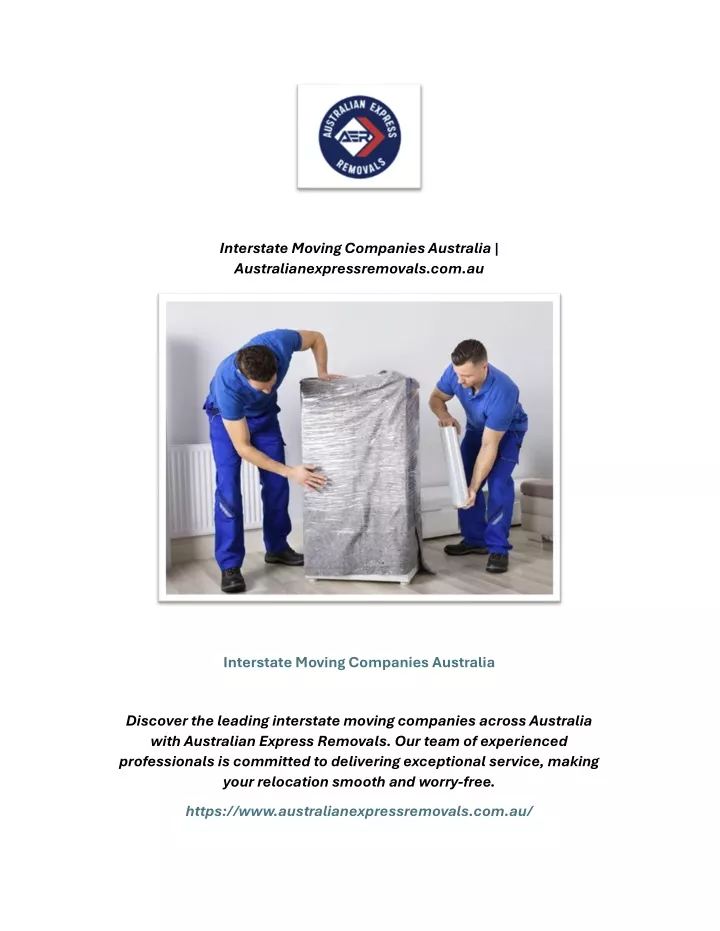Simplifying Relocation to Another State Without Stress
Simplifying Relocation to Another State Without Stress
Blog Article
Moving between states isn’t just a matter of distance; it involves legal requirements.
Whether you’re moving a small apartment or relocating an entire home, this guide will help you navigate the process confidently.
Let’s dive into the visite o link world of interstate relocation and uncover what it really takes to move to another state.
Understanding the Scope of Interstate Moving
When you cross state lines, your move falls under federal regulations, typically overseen by the FMCSA (Federal Motor copyright Safety Administration).
You also need to account for different entry restrictions in each state.
Understanding the scope of an interstate move prepares you to budget more accurately, manage your time better, and set realistic expectations for delivery and setup.
How to Select the Right Interstate Moving Company
Selecting the right interstate moving company is crucial for a successful relocation. Start by checking for proper licenses and insurance—legitimate companies must have a USDOT number issued by the Department of Transportation.
Ask about additional fees such as fuel surcharges, long carry charges, or storage if needed.
Trust your instincts: if something feels off or too good to be true, it probably is.
Understanding Interstate Moving Price Calculations
Timing matters too: moving during peak seasons like summer or holidays can drive prices up by 20–30%.
Additional services can also raise the bill.
Lastly, access conditions impact costs.

Step-by-Step Guide to Organizing a Long-Distance Move
Break tasks into weekly checklists: research movers, declutter your belongings, gather packing materials, and notify schools, banks, and utilities.
Inventory management is key.
Pack important documents, medications, chargers, snacks, and a change of clothes in a separate bag you keep with you.
How to Choose the Best Type of Interstate Service
Full-service movers handle everything, from packing to unpacking, ideal for busy professionals or large families.
Freight shipping companies also offer options for large shipments that don’t need full moving crews.
When comparing services, consider your priorities: Do you value convenience or budget?

How to Prevent Problems During an Interstate Move
Booking early not only secures better pricing but also gives you time to research and prepare properly.
Another common pitfall is failing to check mover credentials.
Using cheap boxes, skipping labels, or failing to protect fragile items increases the risk of breakage.
Tips for Saving Money on Interstate Moving
Every extra pound adds to the total bill, so sell, donate, or recycle items you no longer need.
Next, compare quotes carefully.
Pack non-fragile items, disassemble simple furniture, or transport valuables in your own vehicle.
Wrapping Up Your Interstate Moving Journey
From selecting a mover to managing costs, each choice shapes the outcome of your move.
Investing time in research, comparing services, and preparing in advance pays off during a long-distance relocation.
Best of luck on your journey to a new home!
FAQ About Interstate Moving
Are there budget-friendly options for moving out of state?
The cheapest options include renting a moving truck, using a freight trailer, or downsizing your load to reduce weight.
When should I hire movers for a long-distance move?
Last-minute bookings often come with limited availability and higher prices.
What should I leave out of my moving boxes?
Always check with your moving company for a detailed list of prohibited items.
Do I need extra coverage for my interstate move?
Most interstate movers include basic valuation coverage by law, but it’s minimal.
How do I know where my shipment is?
Ask your company about their communication methods and tracking options.
Report this page